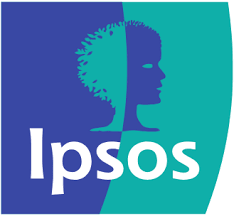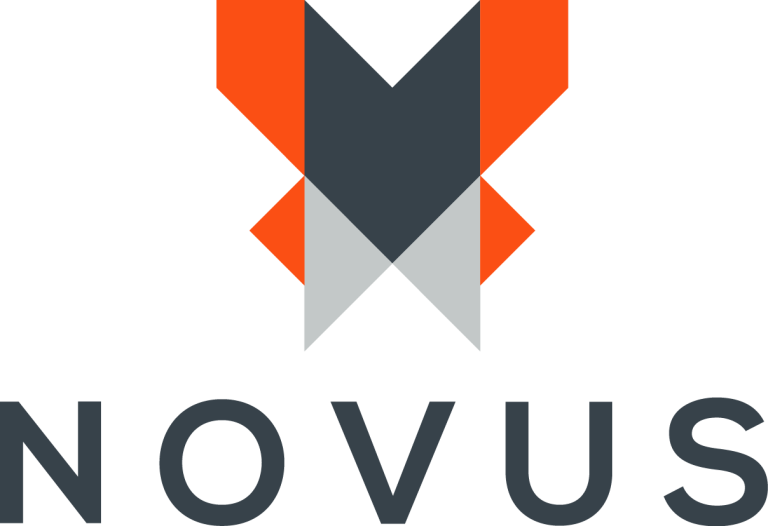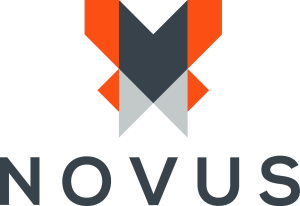From startups to large organisations, our RPO recruitment services cater to organisations of all sizes and industries. We operate as an extension of your team, representing your employer brand while providing bespoke RPO services to ensure that you hire and retain the best talent, and build high performing teams.
Talent Strategy

Talent Strategy specialists, dedicated to enabling success
Omni’s Talent Strategy team provides expertise that is focused on optimising resourcing effectiveness. We’re dedicated to supporting your talent needs to drive organisational success.



























